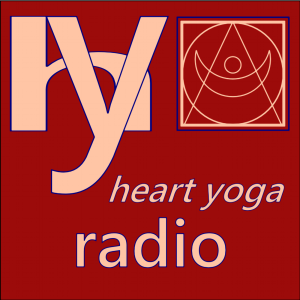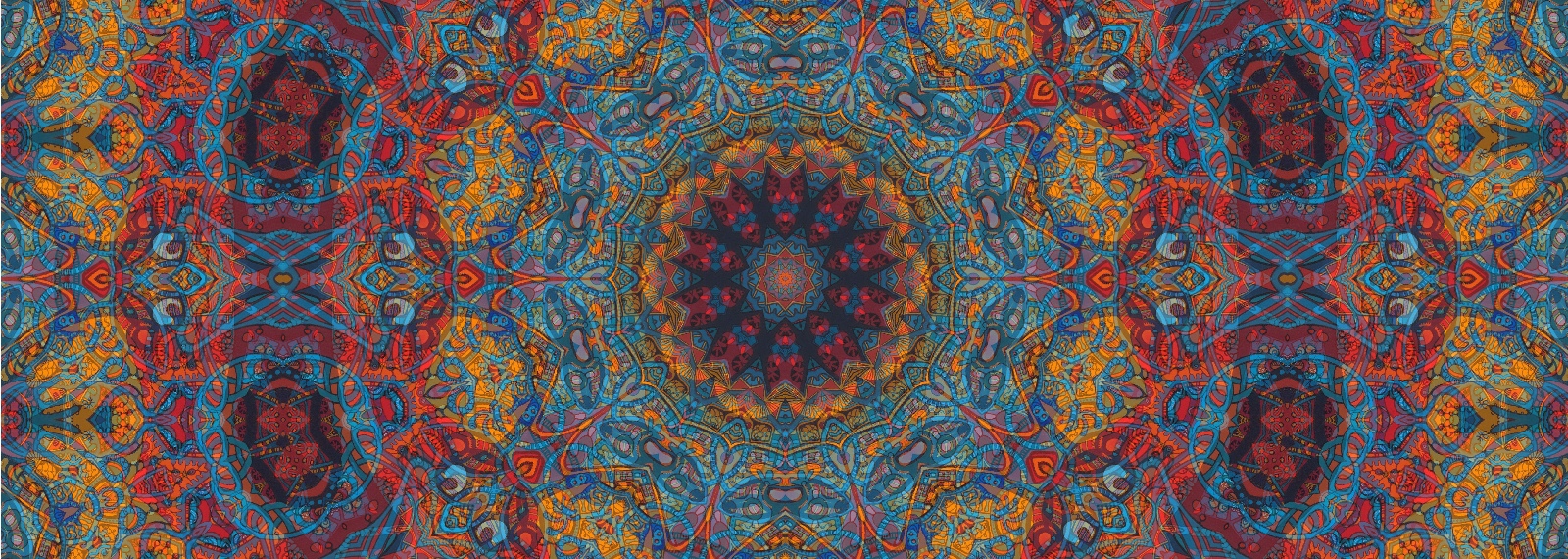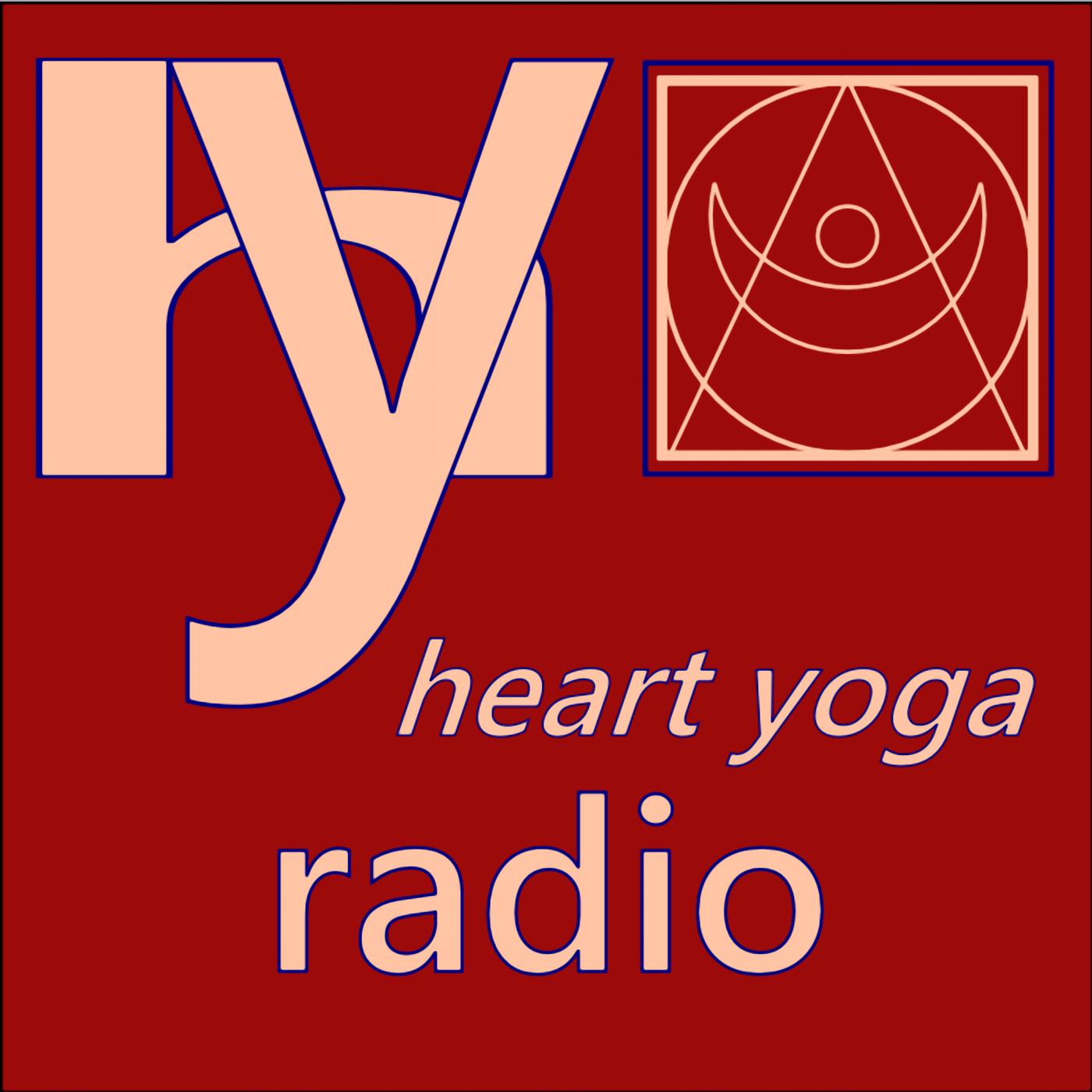Episodes

Friday Jan 03, 2025
LOOKING BACK OVER 2024 AND FORWARD TO 2025 - INTERESTING TIMES 85
Friday Jan 03, 2025
Friday Jan 03, 2025
In this podcast, I reflect on events of the past year, particularly with respect to ecological, economic, and cultural systems. I compare my forward speculations of January 24 with events of the year itself. I also speculate on how the trends I identify might develop as 2025 unfolds. I ask if there are any hopeful signs and question what we can and should do. [Free. 69 minutes.]

Saturday Nov 25, 2023
CHUANG TZU 1 - ACTION AND NON-ACTION
Saturday Nov 25, 2023
Saturday Nov 25, 2023
In this podcast, we consider a passage from the Chuang Tzu entitled Action and Non-action. We describe how the processes of action and non-action are not stark opposites but mutually dependent phases of a profound meditation on the Tao. [Free. 31 minutes.]

Thursday Jun 16, 2022
STARMER’S LONG-CORBYN - INTERESTING TIMES 55
Thursday Jun 16, 2022
Thursday Jun 16, 2022
This podcast is an analysis of and a commentary on a remark made by Kier Starmer at Prime Minister's Questions in the UK House of Commons on Wednesday 15th June 2022. The remark was, "Boris Johnson is the Conservative Corbyn." The guiding questions are, "How does this work as propaganda?" and, "What does the event reveal about Starmer that the people ought to know?" [Free. 37 minutes.]

Tuesday Sep 21, 2021
REMARKS ON FREUD PART 2 - THE TOPOGRAPHICAL MODEL
Tuesday Sep 21, 2021
Tuesday Sep 21, 2021
This podcast continues with our series of Freud's thought. It focusses on Freud's lecture Dissection of the Psychical Personality (1933), outlining it and critically appraising it's main features. [Free. 55 minutes.]

Tuesday Sep 01, 2020
COVIDIOCY: WHO BENEFITS? - INTERESTING TIMES 10
Tuesday Sep 01, 2020
Tuesday Sep 01, 2020
In this podcast, we analyse the covid-is-a-hoax movement which demonstrated recently in London, demanding the abandonment of all remedial measures against the global pandemic. We do so primarily by asking the question that we identified in a recent podcast [Grassroots and Astroturf] 'Who benefits from this movement?' The question proves revelatory of how this movement plays to the far right and upholds the status quo, whilst claiming the contrary. The involvement of far right parties in the loose coalition of new-agers, antivaxers, climate deniers, and adherents to fantastic conspiracy theories is not accidental. These elements are stitched together by irrationalism. [Free. 24 minutes.]

Monday Feb 19, 2018
LAO TZU 11
Monday Feb 19, 2018
Monday Feb 19, 2018
This podcast deals with Chapters 16 and 17 of the Tao Te Ching. Lao Tzu revisits the character of the sagacious ruler who is rooted in contemplation, this time drawing on a metaphor of plant growth and nuture by deep roots. Not only is contemplation to be nurtured by our roots in the earth, but the sage should quietly nurture those around him. This leads on to considerations of styles of government of which a pure anarchism is evaluated as the most desirable. We suggest that this would only be possible for a population deeply rooted in contemplation of nature and its underpinning processes and cycles. [Free. 23 minutes.]

Thursday Feb 15, 2018
NIETZSCHE'S METAPHORS OF WAR AND PLAY
Thursday Feb 15, 2018
Thursday Feb 15, 2018
Rather than using our usual spontaneous exposition, this podcast is a reading of a formal paper. It deals with the way in which two metaphors structure Nietzsche's engagements with our culture and philosophical tradition. [Free. 23 minutes.]

Monday Jan 22, 2018
THE USES AND ABUSES OF THE CONCEPT OF NATURE
Monday Jan 22, 2018
Monday Jan 22, 2018
In this podcast, I consider the concept of nature and its ideological uses in justifying inequalities of wealth and power in ordinary discourse. I find that its use in the form of 'state of nature' arguments in political philosophy is also ideological as is the idea of human nature in most of its articulations. I suggest the concept can have a less ideological use for helping us picture our situation. In this positive use, nature is understood as a complex system which embeds the human being and culture which are themselves systems. [Free. 33 minutes.]

Friday Jul 21, 2017
NIETZSCHE 101
Friday Jul 21, 2017
Friday Jul 21, 2017
An introduction to Nietzsche's thought in which I discuss Nietzsche's "great task" and his ludic, artistic method of persuing it. I touch on Nietzsche's anti-Platonism, anti-systematic approach to philosophy, notions of life-affirmation and life-negation amongst other things. The shifting concept of the will to power is elucidated, showing its various guises. [Free. 32 minutes.]

Thursday Apr 20, 2017
LAO TZU: PART TWO
Thursday Apr 20, 2017
Thursday Apr 20, 2017
In this podcast, we engage with Chapters 2 and 3 of The Tao Te Ching. Themes include language and opposites, the pregnancy of emptyness, past, present and future times, human character and the nature of a sage, social organisation and meditation. [Free. 43 minutes.]

